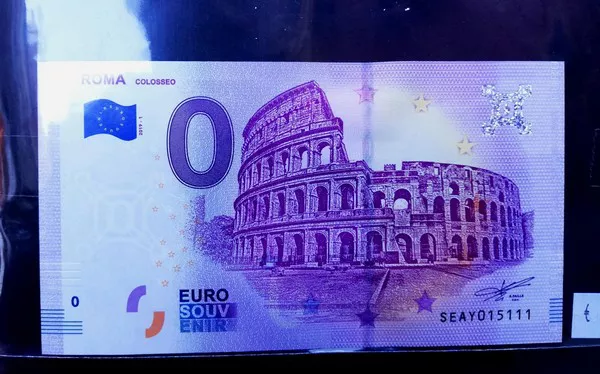The euro is one of the world’s most traded currencies, with a significant impact on global financial markets. It is used by over 340 million people in 19 European Union countries, making it a crucial currency for businesses, investors, and individuals alike. The value of the euro can fluctuate due to various factors, including economic conditions, interest rates, political events, and global events. In this article, we will explore the factors affecting the euro exchange rate and predict the future outlook.
Factors Affecting the Euro Exchange Rate:
Economic Conditions:
The state of the European economy has a significant impact on the euro’s value. For example, if the economy is performing well, there is an increase in demand for the euro, leading to a rise in its value relative to other currencies. On the other hand, if the economy is struggling, the demand for the euro decreases, leading to a fall in its value. Some of the factors that contribute to the state of the economy include GDP growth, inflation rates, unemployment rates, and consumer confidence.
Interest Rates:
Interest rates set by the European Central Bank (ECB) also affect the euro’s exchange rate. If the ECB raises interest rates, it makes the euro more attractive to investors seeking higher returns, leading to an increase in demand for the currency and a rise in its value. Conversely, if interest rates are lowered, the demand for the euro may decrease, leading to a fall in its value.
Political Events:
Political instability or uncertainty can negatively impact the euro’s value, as it reduces investor confidence and increases risk. For example, Brexit negotiations caused significant volatility in the euro’s exchange rate against the British pound. Similarly, political tensions between EU member states or threats of separation can impact the euro’s value.
Global Events:
The euro’s value can also be impacted by global events such as natural disasters, pandemics, financial crises, and other geopolitical events. These events can cause fluctuations in the foreign exchange market, leading to changes in supply and demand for different currencies.
Future Outlook:
The future outlook for the euro’s value is subject to various factors that are difficult to predict accurately. However, several experts have shared their predictions on the euro’s value based on current trends and economic conditions.
Economic Recovery:
After a challenging year due to the COVID-19 pandemic, the European economy is showing signs of recovery. As more people receive vaccinations, lockdowns ease, and businesses reopen, GDP growth is expected to increase. This positive trend could lead to an increase in demand for the euro, which would push its value higher relative to other currencies.
Interest Rates:
The ECB has kept interest rates low to stimulate the economy during the pandemic. While interest rates are not expected to rise anytime soon, if inflation continues to rise, the ECB may have to adjust rates upward. Higher interest rates would make the euro more attractive to investors, increasing demand for the currency and pushing its value up.
Political Stability:
Political stability is crucial for the euro’s value. After years of uncertainty surrounding Brexit negotiations, the UK has officially left the EU. The focus now shifts to other potential political threats, such as growing separatist movements in some EU member states. Any significant political instability could negatively impact the euro’s value.
Global Events:
Global events such as the ongoing trade tensions between the US and China or the threat of new pandemics can impact the euro’s value. It is essential to monitor these events and their potential effects on the foreign exchange market.
Conclusion:
In conclusion, predicting the euro’s exchange rate is challenging due to the complex interplay of various factors that influence it. Despite this, we can make informed predictions based on economic conditions, interest rates, political events, and global events. The future outlook for the euro’s value is generally positive as the European economy continues to recover from the pandemic. However, investors should remain vigilant and monitor any potential threats to the euro’s value, such as political instability or global events that impact the foreign exchange market.
Related Topics:



























